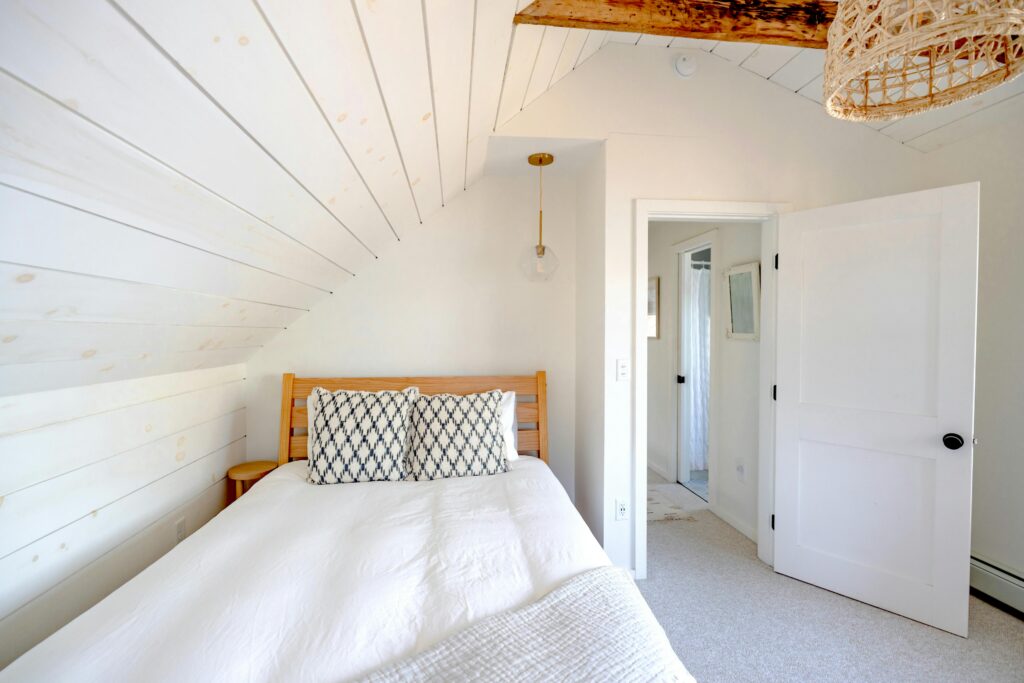From 1 April 2025, many councils in England will begin charging double council tax on second homes. For Airbnb and short-term rental hosts, this could mean your yearly bill suddenly jumps from £2,000 to £4,000.
The change is big, but there are legal ways to reduce or even avoid paying twice the standard rate. This guide breaks everything down in plain English and gives you steps to take now.
Why are councils doing this?
Councils argue that too many homes are used for short-term lets or stand empty, making it harder for local residents to find housing. By doubling council tax on second homes, they hope to encourage more landlords to switch to long-term tenancies or sell.
While short-term rentals bring benefits—tourism spending, support for local shops, and jobs—councils are focusing on revenue and housing pressures. For hosts, the priority is to make sure your business stays financially viable.
The key: how your property is classified
Your tax bill depends on whether your property is treated as:
- a domestic home → pays council tax (and may be doubled as a second home), or
- a business property → pays business rates, often much cheaper once reliefs are applied.
This means the main strategy is to see if you can switch to business rates.
Option 1 — Switch to business rates
Who qualifies?
The Valuation Office Agency (VOA) sets the rules. To move from council tax to business rates, your property must:
- be available to rent for at least 140 days per year, and
- be actually rented out for at least 70 days per year.
If you meet both, the VOA can classify your property as a self-catering unit.
➡️ VOA Self-Catering Business Rates Guidance
Special London rule: entire homes can’t be let out for more than 90 nights per year without planning permission. This is separate from the VOA test.
How to apply
- Check your records – Keep booking confirmations or Airbnb reports to prove you hit the 70/140-day thresholds.
- Apply to the VOA – Download and complete the form:
➡️ VOA Self-Catering Property Application Form
Email it to specialist.rating@voa.gov.uk. - Receive your valuation – The VOA will give your property a rateable value (RV).
- Contact your council – Once you have the RV, your council will calculate your business rates. You can estimate costs here:
➡️ Business Rates Calculator
Reliefs that can cut your bill
- Small Business Rate Relief (SBRR): If your RV is £12,000 or less, you usually pay nothing. Between £12,001–£15,000, the relief tapers.
➡️ Apply for Small Business Rate Relief - Retail, Hospitality and Leisure Relief: For 2025/26, eligible properties (including many short-term lets) get 40% off their bill, capped at £110,000 per business across England.
➡️ Retail, Hospitality and Leisure Relief 2025/26
These reliefs mean some Airbnb hosts will pay much less than council tax—or nothing at all.
Example
Suppose your cottage normally pays £2,200 council tax. From April 2025, your council charges double, so you owe £4,400.
But if you switch to business rates and your RV is £10,000, you may pay £0 under SBRR. Even if not, the 40% hospitality discount could still cut hundreds off your bill.
Option 2 — Change how you use or own the property
Not every host will meet the 70/140-day tests. Here are other routes:
- Long-term rental: If you rent the property to a tenant as their main home, they pay council tax, and the double rate doesn’t apply.
- Company ownership: Some landlords put properties into a limited company. This won’t remove council tax directly but can change how profits are taxed.
- Check council policy: Not every council will introduce double rates at the same pace. If you’re buying a new Airbnb, research the local council first.
Quick comparison
| Option | What it means | What you pay |
| Stay on council tax | Property stays classed as a second home | Council tax bill doubles |
| Switch to business rates | Meet 70/140-day tests and apply to VOA | Often cheaper, reliefs may cut to £0 |
| Long-term rental | Rent to a tenant | Tenant pays council tax instead |
| Company ownership | Transfer property into a limited company | Different tax treatment (needs accountant advice) |
Steps to take now
- Review your bookings – Aim for at least 80–90 nights booked per year to safely exceed the 70-night requirement.
- Check planning/licensing rules – Especially in London (90-night cap), but also in cities with selective licensing.
- Apply early – VOA applications can take months, so don’t wait until your 2025 bill arrives.
- Claim reliefs every year – Rules change each April.
- Get professional advice – An accountant can advise if company ownership or holiday let tax reliefs suit you.
Mistakes to avoid
- Falling short of 70 nights – 68 nights won’t qualify, even if you’re close.
- Forgetting London’s cap – Meeting the VOA test won’t protect you if you break the 90-night rule.
- Assuming all councils are the same – Most will double council tax, but a few may not. Always check your local council website.
Final thoughts
From April 2025, many Airbnb owners face double council tax if they do nothing. But the solution is clear:
- Switch to business rates where possible,
- claim SBRR or hospitality relief, and
- plan early to avoid nasty surprises.
For many hosts, this means your tax bill could be far lower than sticking with council tax. The sooner you act, the more money you’ll save—and your Airbnb will remain a profitable venture.







